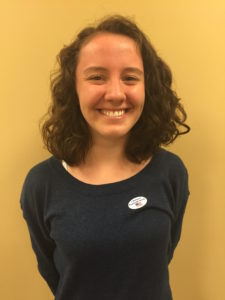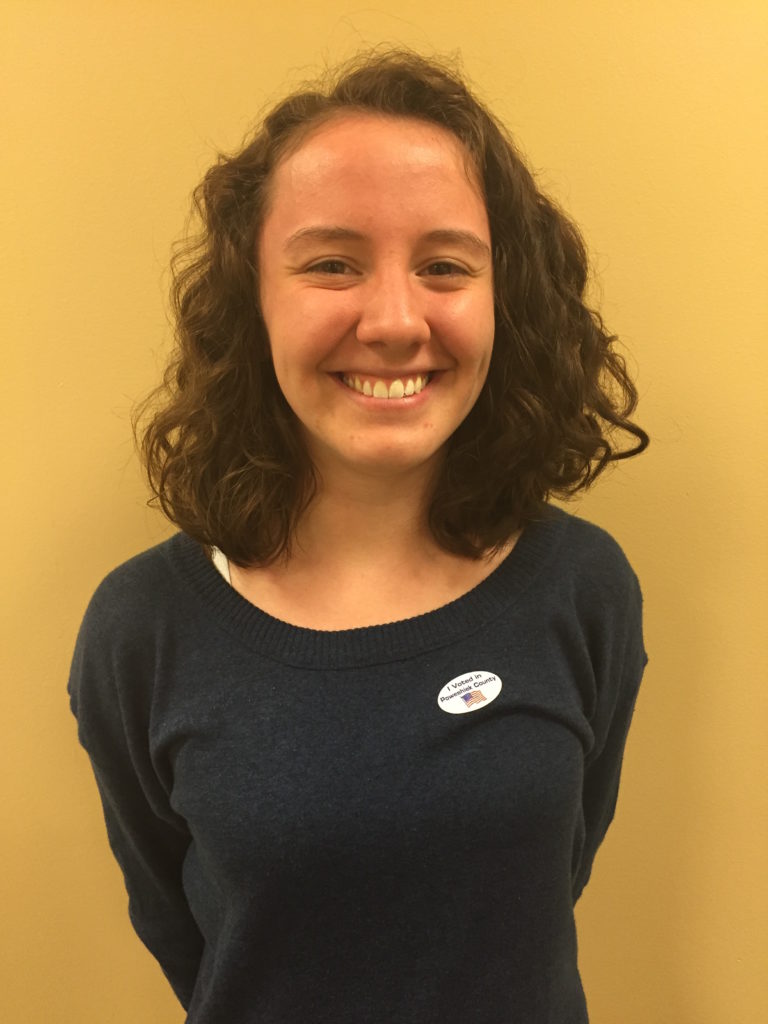
Grinnell Advocates is a confidential campus support group for those who have experienced sexual misconduct, violence or assault. Students can come to Advocates in a variety of different ways for a variety of diferent reasons at any time of day. This week, The S&B’s Cassidy Hilburn sat down with Julia Marquez-Uppman ’17 to discuss Advocates and the role they play on campus.
The S&B: How would you explain Advocates to someone who has never heard of it before?
Julia Marquez-Uppman: I would say that if you have experienced intimate partner violence, partner violence, sexual assault, harassment or stalking, and you need help in any way then you can call Advocates, you can text us, you can walk up to any of us who are Advocates. And it is our job to help you do whatever it is you want in the face of that. We can direct you to resources, we can just listen, we can go with you to the hospital if you want to do that, we can go with you to court — although there will be more involvement at that level — we are here to offer support.
How does Advocates work on your end?
We do a fair amount of awareness-raising events, and the people who work those are Advocates. It’s mostly a word-of-mouth thing. We are going to get a “Meet your Grinnell Advocates” posters up in the upcoming weeks with people’s pictures so that people know who we are. It’s important for people to know us, because if they call or text the hotline it’ll be one of us responding.
Does it partner with anything else on-campus?
We work with an organization called Crisis Intervention Services [CIS], who are not affiliated with Grinnell. They are a government agency that serves this county and several other counties. They provide advocacy for the same things we do — domestic violence, sexual assault. One arm of their program is college campus outreach, so they have a couple people whose job it is to get an Advocates program going on campus, and they have other similar programs at Drake and other colleges. So they are the ones who train us, and they also oversee everything we do. But we are not connected to any other groups; we’re not an arm of the Title IX office. There are four people who are ‘real grownups’ who get notified every time we receive a call or work with a client which is Rob, Deanna and two workers from CIS. I think [Rob and Deanna] are good intermediaries because there’s us who are on the ground, and the CIS workers who don’t live here, and Rob and Deanna are both very connected with the community, but not students so it provides an important support structure.
What role do Advocates play on campus?
I would say we are primarily meant as support. We do a fair number of awareness events and things like that, to spread information about how you can call and text us anytime day or night, but also about the dynamics of sexual assault and domestic abuse and how harmful they are. It’s really two-pronged, with support and awareness. But, first and foremost, we want to help survivors with whatever they need: if they don’t know what to do but know they want to pursue something, if they just want to talk to somewhere, or anywhere between.
What are the biggest things you want to destigmatize about sexual cultural at Grinnell?
There are a fair number of things. Even though we’re at Grinnell and we’re super progressive and all that, there is still too much … I don’t want to say ‘victim-blaming,’ but things in that vein. Things along the lines of, “well, you shouldn’t have gone to that party,” or that type of thing. And it’s not that that doesn’t get talked about, but it’s still something that is happening. Also, conversations and issues of domestic abuse and sexual assault get centered around women and that’s just not accurate. While it is a majority that women tend to be victim survivors, but there’s a not-insignificant amount of people who are not women who also go through things like this, and it becomes doubly hard for that population to seek support.





























































